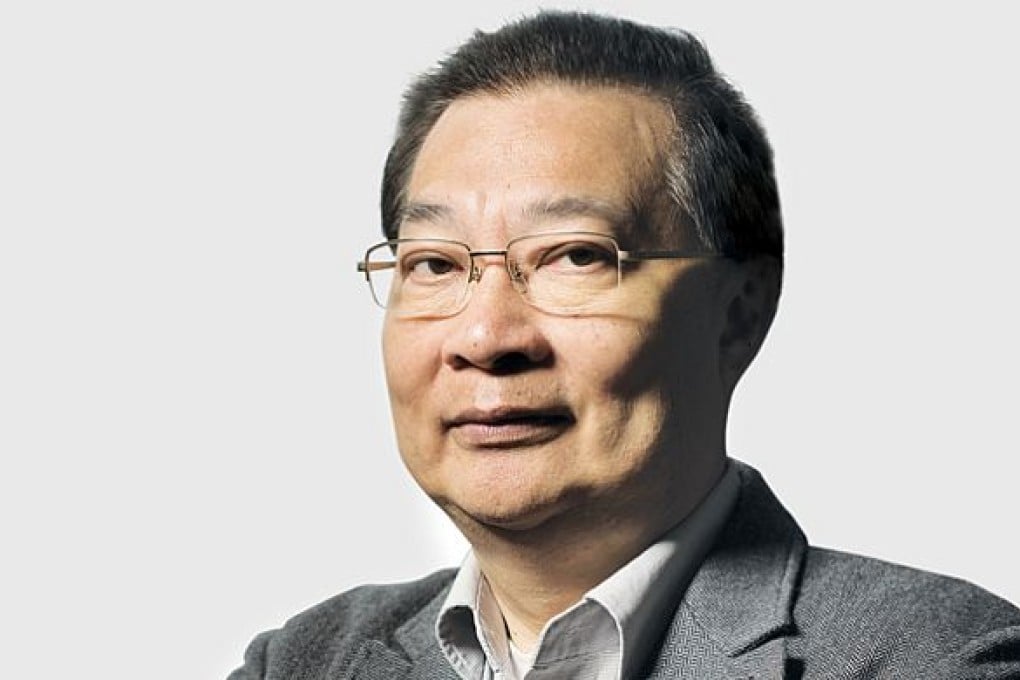Tam Yiu-chung
After eight years, Tam Yiu-chung has stepped down as chairman of the pro-Beijing Democratic Alliance for the Betterment of Hong Kong. The member of the Chinese People’s Political Consultative Conference tells Isabelle Hon about his challenging childhood, his path to politics, and why he would never want to be Chief Executive.

I was born and raised in Hong Kong.
My father was a seaman who was rarely at home. I am the eldest brother among four siblings. I got used to being the leader.
The seven people in our family lived in a subdivided unit of around 100 square feet in Sham Shui Po.
There were four other families packed in the same unit. Your neighbors next door could hear you. We had to share a kitchen and toilets.
Living there, we learned to be really good at time management. People would knock on the door when you spent too much time in the toilet.
The biggest pain was there wasn’t enough water. Before the Dong River started supplying water to Hong Kong, the water was cut off if there was no rain. The water supply came for one hour every four days. Sometimes we had to take basins to other districts to collect water.